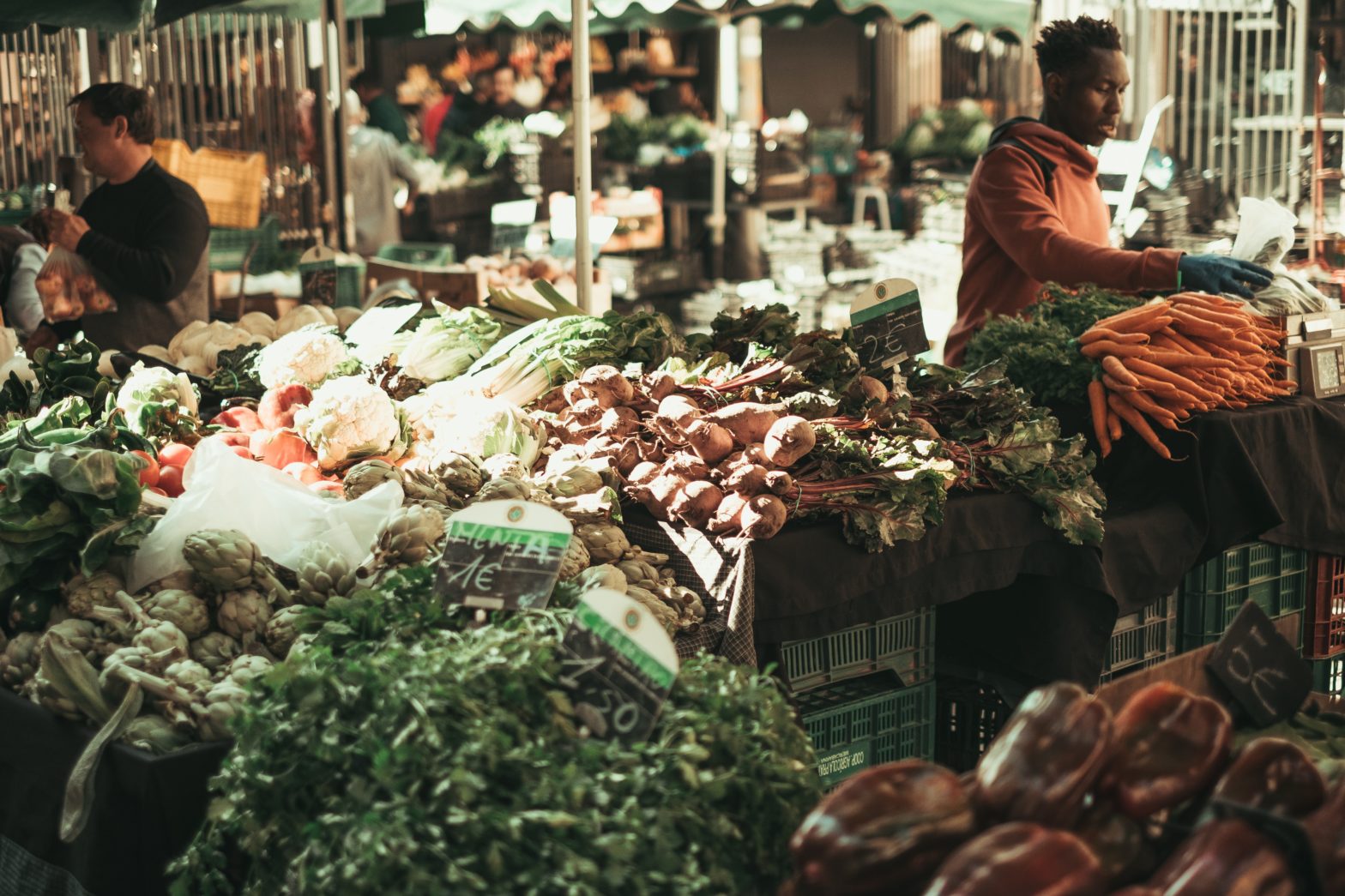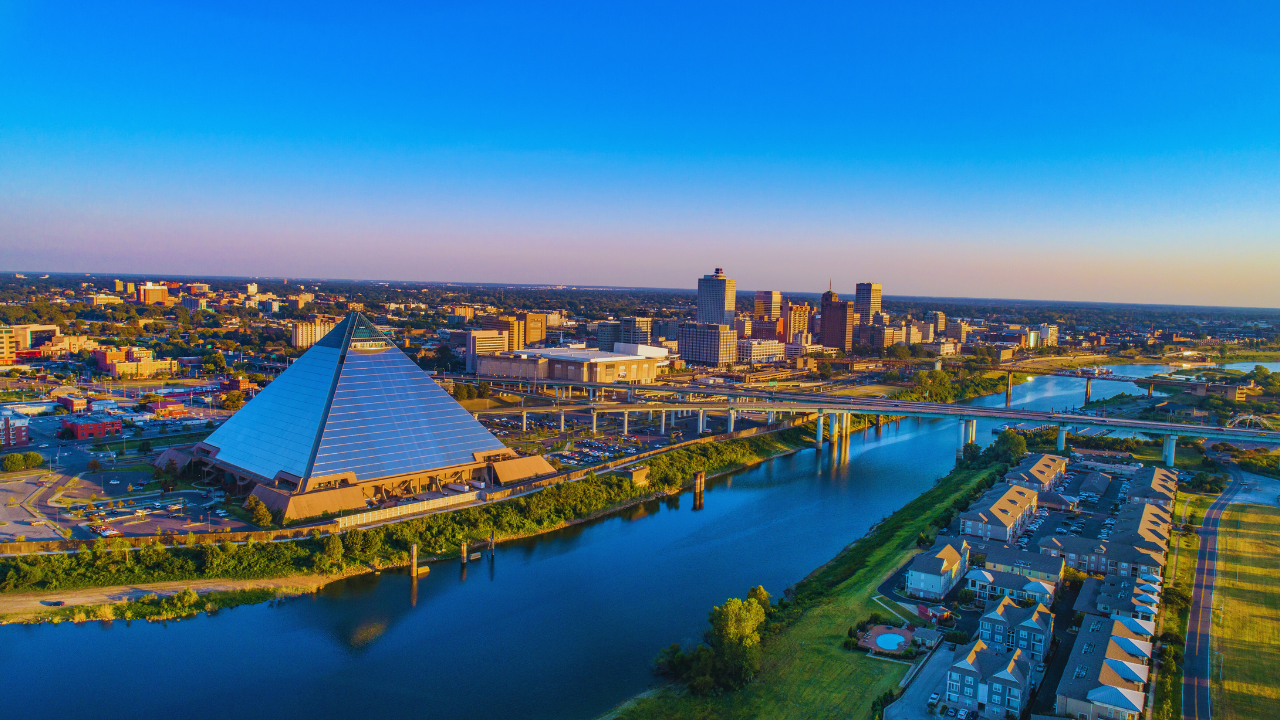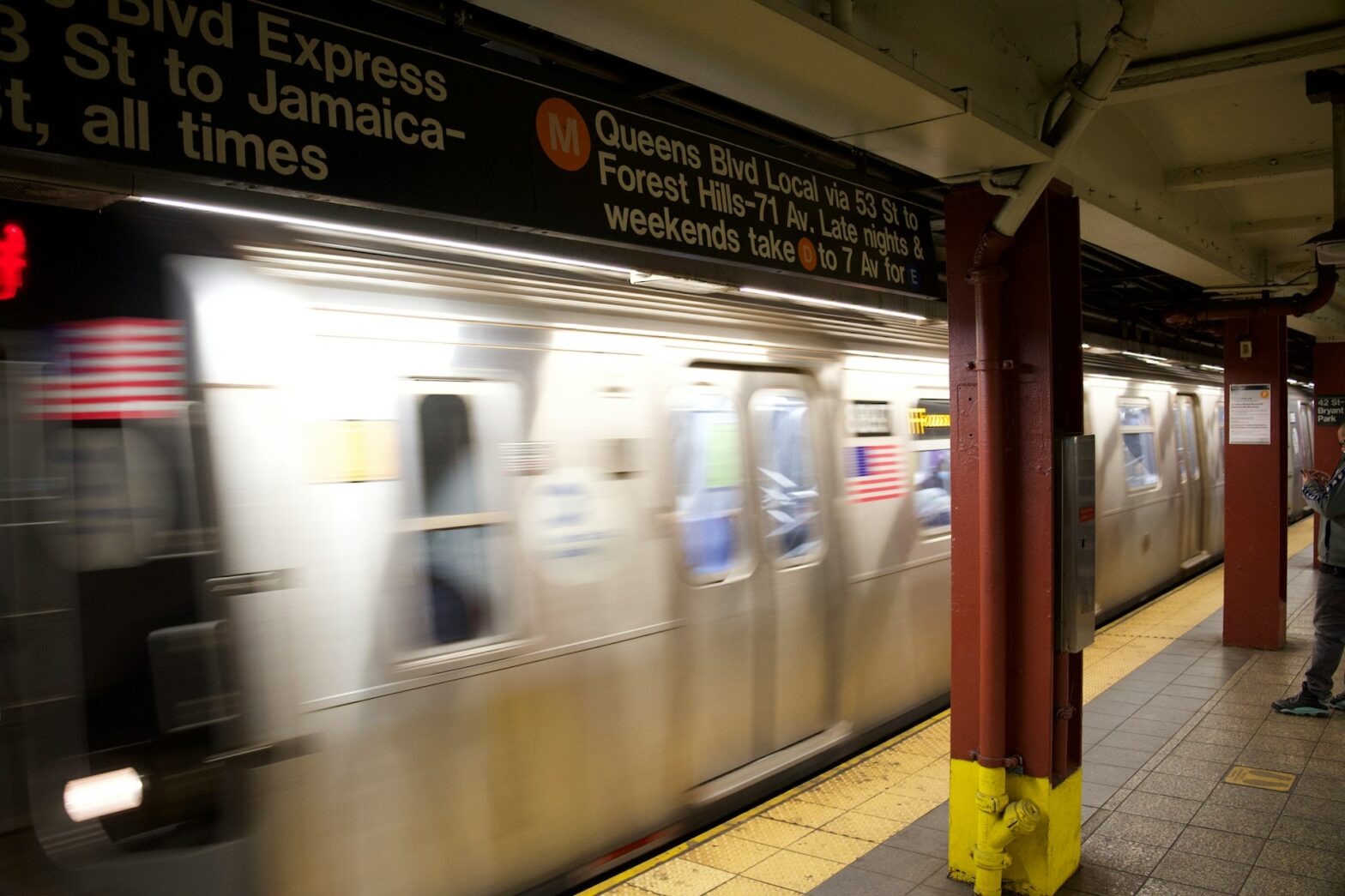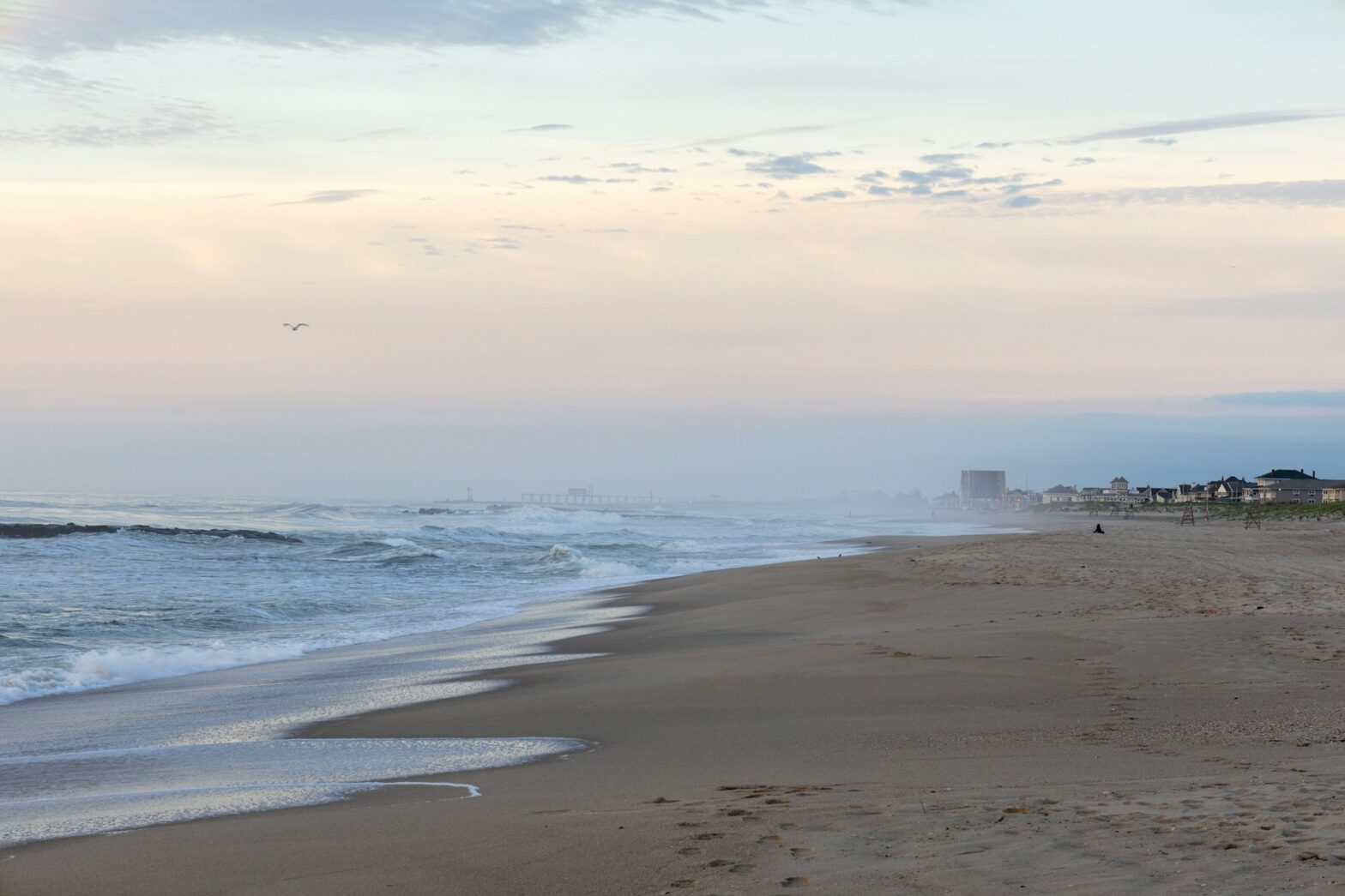Across the US, many black and brown people are living in USDA-certified food deserts. These so-called ‘deserts’ indicate neighborhoods where residents live more than one mile from any grocery store. While liquor and convenience stores selling food items with little to no sustenance are abundant in these communities, most residents have difficulty finding even canned fruits and vegetables in these areas.
Thankfully, Black-owned farmer’s markets are popping up around the country in these low-income communities. These markets, typically owned and operated by Black farmers and food activists, are filling the hunger gap in urban neighborhoods and ensuring people of color have access to food that nourishes their bodies and minds. From California to Chicago, these seven black-owned markets are making an impact one bundle of produce at a time.
1. Freedom Farmer’s Market
View this post on Instagram
Dedicated to facilitating economic and community development, Freedom Farmer’s Market was created in 2013 after a local restaurant owner invited farming and agricultural advocacy group Farms to Grow to host a community farmer’s market in their parking lot. Nine years later, the market is still serving the Oakland community and giving people access to fresh produce locally grown by Black farmers.
Freedom Farmer’s Market encourages self-reliance, cooperative development, and healthy sustainable environments for its community and hosts its markets throughout the year to ensure people of color and low-income families have access to healthy foods they may not find in grocery stores. This is important considering East Oakland is a USDA-certified food desert, meaning a lot of residents there have little to no access to fresh and nutritional foods. With inclusivity, access for all, and cultural empowerment at the forefront, the Freedom Farmer’s Market founders believe that access to safe, fresh foods is a basic need that should be met for everyone and a diverse network of Black and sustainable farmers can be found at their market.
2. Healthy Food Hub
View this post on Instagram
Like Oakland, Chicago is home to more than 400,000 residents living in food deserts miles away from a grocery store. The Black Oaks Center’s Healthy Food Hub aims to bring therapeutic and fresh fruits and vegetables to neighborhoods that wouldn’t have access to them otherwise.
Although the Healthy Food Hub has been funneling healthy foods into communities since 2009, the organization has stepped up even more as neighborhoods were impacted by the COVID-19 pandemic. The center hopes to rebuild Chicago’s foodshed one family at a time and has hosted over 800 markets and served over 60 thousand people.
3. Patchworks City Farms
View this post on Instagram
The brainchild of internationally known urban farmer and food activist Jamila Norman, Patchwork City Farms is an independently owned farm in the heart of Atlanta. Norman and the farm have been major players in the progressive food movement in Atlanta, which has food deserts scattered throughout its metropolitan neighborhoods. Norman’s 1.2-acre farm not only grows fresh, Certified Naturally Grown fruits, vegetables, herbs, and flowers but sells their produce at local farmers’ markets and through their Weekly Seasonal Farm Shop, a pre-order produce service for communities to pick up on select weekends.
Norman and Patchwork City have been crusaders for food access in Black communities for over a decade; working both independently and collaboratively to connect organic, Georgia-grown food with Georgia families. In addition to the farm and the market, Norman also found EAT MOVE BeWELL, a program focused on advocating for health and wellness for people of color.
4. Truly Living Well
View this post on Instagram
The Truly Living Well Farmer’s Market is also helping bridge the hunger gap in Atlanta communities. The market takes place every Friday and Saturday at Collegetown Farm and features a variety of fresh produce, fruits, and flowers. There also are plenty of local vendors to shop from, children’s activities, and chef demonstrations where community members can learn how to make recipes from some of the fresh ingredients found at the market.
The market at Collegetown Farms makes food more accessible for black and brown people. By placing the market in the heart of the community, TLW Market removed the transportation barrier that prevents a lot of Black people from accessing healthy food options. They also have reasonable prices ensuring everyone who visits can afford the plentiful produce available for purchase.
5. The Black Farmer’s Market
View this post on Instagram
//www.instagram.com/embed.js
Located in Raleigh and Durham, the Black Farmer’s Market happens twice a month to counteract the food apartheid ravaging black and brown communities in North Carolina. The market aims to inspire self-sufficient communities that support and protect Black farmers while providing access to fresh produce in neighborhoods that lack grocery stores.
In 2015, 170,431 Wake County residents and 69,240 Durham County residents lived in food deserts where fresh and healthy groceries were completely out of reach. The market is working to reverse this statistic. They also are working to change the stigma of healthy eating being unattainable for people of color and supporting the 2 percent of Black farmers in the US who are oftentimes discriminated against in the agriculture and banking industries.
6. FarmerJawn
View this post on Instagram
After being overworked in her healthcare career, FarmerJawn Agriculture creator Christa Barfield left her corporate job in 2018 and embarked on a journey that would feed hundreds. After taking some time for herself, Barfield founded FarmerJawn in 2019, a non-profit organization growing 100 percent organic produce in the Philadelphia area.
This CSA membership-based organization has grown over the past few years, providing a monthly subscription of fresh produce to areas like Germantown and Belfield where nearly 50 percent of residents live in food deserts. FarmerJawn also holds farmer’s markets throughout the year for easy walk-up access to healthy foods.
7. Just Produce Farmer’s Market
View this post on Instagram
Just Produce Farmer’s Market is a family-owned and operated farmer’s market in O’Fallon, IL with over 20 years of experience. Less than 20 minutes from East St. Louis, IL, a community that has experienced extreme poverty in the last 50 years, Just Produce Farmer’s Market is a resource providing healthy, affordable food in neighborhoods without grocery stores.





